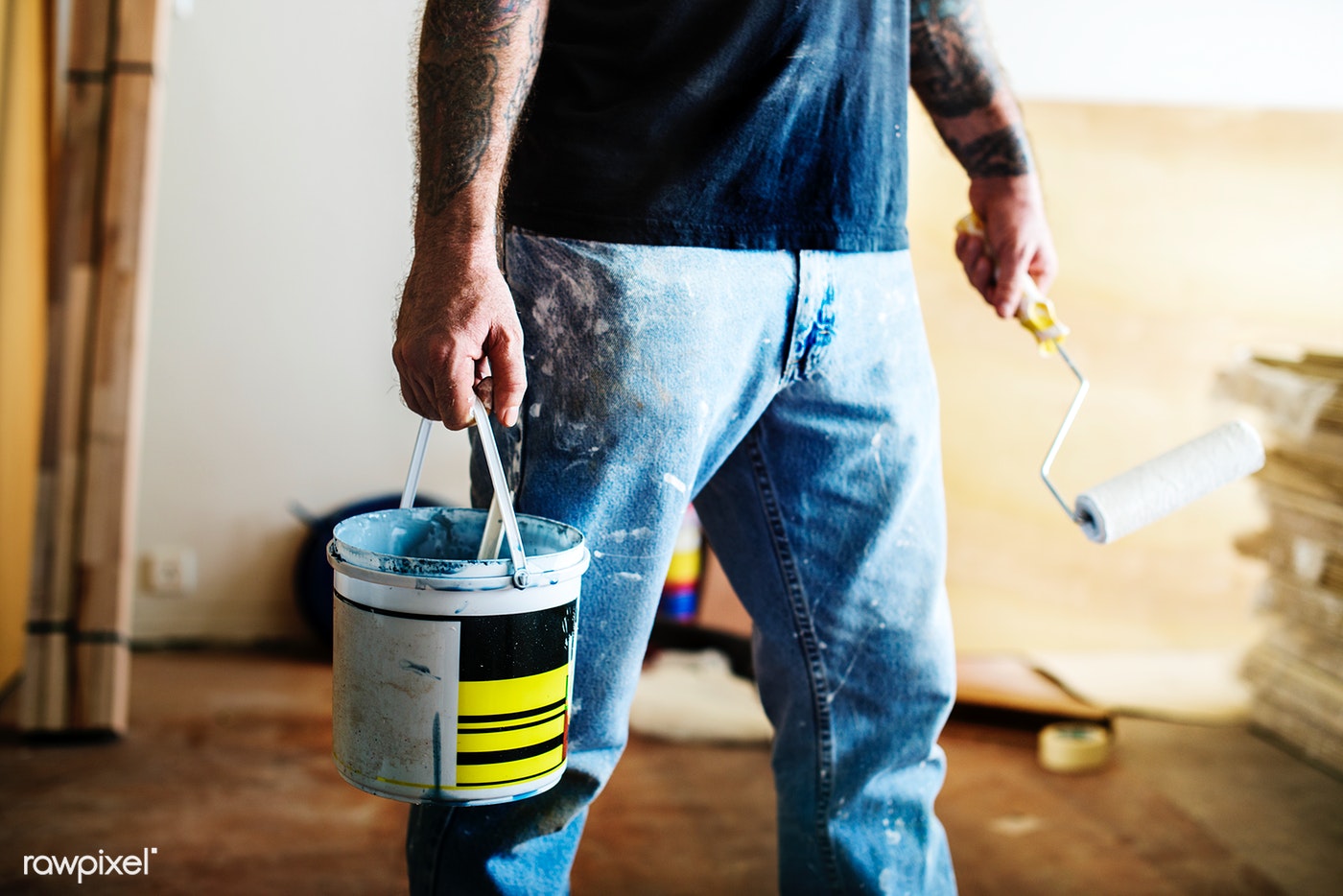
There’s something to be said for a well-tended home. When your surroundings are peaceful and orderly, your mind feels peaceful and orderly. But when your house falls into disarray, your mental state follows suit.
You’re not imagining it. A disorganized environment hurts your ability to focus. When you can’t focus, you don’t accomplish what you set out to, starting a downward spiral in which the further you fall behind, the more impossible it seems to catch up.
More self-efficacy is a compelling reason to take care of your surroundings, but it’s not the only one.
Why the state of your surroundings matters
Taking care of your home is an act of self-care. A clean environment lightens your mental load, leading to less stress and, in turn, better sleep.
It’s also good for your physical health. When your mind is unburdened by the fog of anxiety and fatigue, it’s easier to make healthy choices regarding diet and exercise. Instead of settling in front of the TV with a bowl of potato chips to avoid thinking about all your undone chores, a clean homes gives you the energy and mental clarity to choose better.
And that’s not to mention the dust mites, mold, and pests that view your household clutter as an inviting home. These pollutants trigger respiratory systems and weaken the immune system, leaving you bogged down by allergies and illness instead of feeling your best.
How to stop viewing chores as a chore
Most people think of household maintenance as a necessary evil — certainly not something to look forward to. But when you focus on the outcome instead of the task itself, it’s easier to see the value in tidying up. Rather than thinking about how much you don’t want to wash the dishes, think about how good it will feel to have a clean kitchen the next time you cook.
Some household tasks are enjoyable in and of themselves. Taking on a new DIY home improvement is a fun way to challenge yourself and learn something new, while working in the yard and garden is a fantastic way to burn calories, build functional strength, and reap the benefits of time spent outdoors. Think of ways you can not only maintain your home but constantly improve it.
The value of knowing your limits
As satisfying as it is to set goals for your home and achieve them, it’s equally important to know your limits. Taking on a job that’s beyond your abilities could end in serious injury or damage to your house.
Some jobs are great for DIY, like installing landscaping or building a new workbench, but others, like electrical work or roofing, are best left to the professionals. Not only are these jobs inherently dangerous, but if you underestimate the project, you could just mask a more serious problem. Before you take on a repair or project, ask yourself the questions listed in this article. By answering honestly, you might that maybe it isn’t such a good idea after all. Esurance lists other repairs you shouldn’t attempt to DIY.
Changing habits and getting started
What if you know the benefits of a well-maintained home but just can’t find the motivation to start?
Routines and clearly-defined goals are the answer to procrastination around the house. Instead of waiting for motivation to strike, build routine tasks into your daily schedule. When faced with a bigger project, break it down into discrete steps and set a timeline for each one. Treating it as a responsibility, rather than an inconvenience, encourages you to follow through.
In time, maintaining your home will feel like second nature. Not only that, it becomes something worth looking forward to. Instead of a chore that gets in the way of things you’d rather be doing, taking care of your surroundings turns into the thing that enables you to accomplish your goals.
Image via Rawpixel
